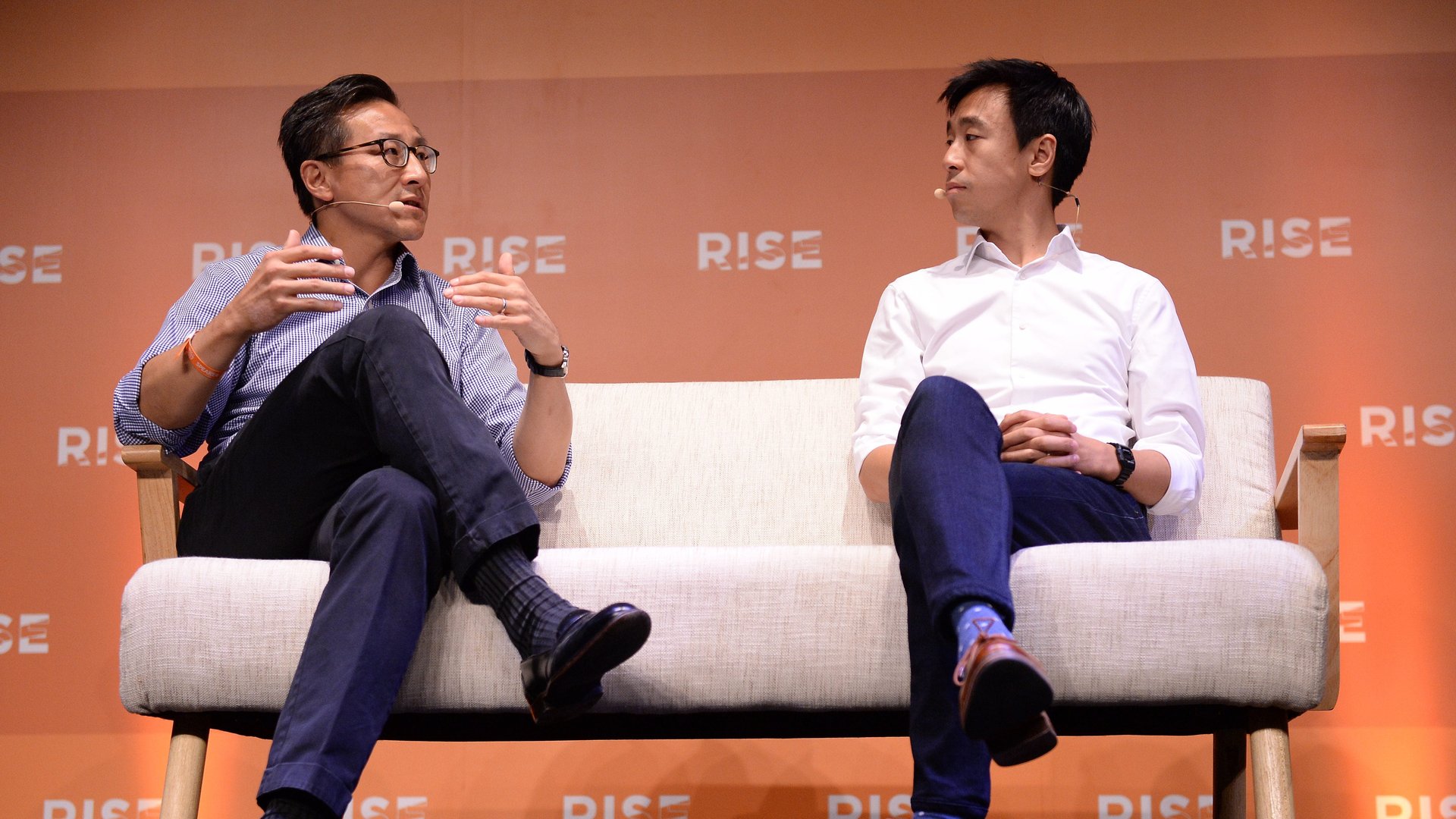How Alibaba is reinventing a 114-year-old newspaper in Hong Kong
When Chinese e-commerce titan Alibaba announced its takeover of Hong Kong’s English-language South China Morning Post (SCMP) about a year-and-a-half ago, the $266 million deal was inevitably compared to Amazon founder Jeff Bezos’s acquisition of the Washington Post in 2013.


When Chinese e-commerce titan Alibaba announced its takeover of Hong Kong’s English-language South China Morning Post (SCMP) about a year-and-a-half ago, the $266 million deal was inevitably compared to Amazon founder Jeff Bezos’s acquisition of the Washington Post in 2013.
In less than four years, Bezos has reinvented the Washington Post as a more digitally focused company. The results have been impressive: the Post has turned a profit, and is set to hire more journalists this year.
Alibaba, too, says it wants to transform the SCMP into a media company that is more relevant in the digital era. But in recent years, the paper has been accused of self-censorship and toeing a pro-Beijing line—Alibaba’s investment only exacerbated those concerns. The SCMP’s first year under its Chinese owner was marked by a massive wave of staff departures, the abrupt shutting down of its Chinese-language website, and a controversial interview with a detained Chinese activist that some suspected was set up by Beijing.
“We wanted to tell the biggest story of our lifetime, which is China… We wanted to take a 114-year-old newspaper and put it into the digital age,” said Joseph Tsai, Alibaba’s co-founder and vice chairman, at Hong Kong’s three-day RISE tech conference this week.
Tsai and Gary Liu, the former Digg CEO who was appointed SCMP’s CEO at the start of this year, discussed how they are transforming the newspaper in the internet era, during a session at RISE on July 11.
Location, Location, Location
At the time of its investment, Alibaba made it clear that it aims to use the SCMP to tell China’s story to the world, and to counter the “negative” portrayal of China in the Western media. Speaking at RISE, Tsai re-emphasized that point of view.
“We felt that the SCMP was the perfect vehicle for us to explain China,” Tsai said, citing Hong Kong’s proximity to China and the press freedom the city enjoys.
At the end of the discussion, the moderator asked Tsai and Liu what the biggest challenge for media companies covering and operating in China was, noting that the SCMP, like many of its Western peers, is blocked in China. Tsai did not address the question of censorship, but he did say:
“The biggest challenge for most media companies is that their editors are sitting in New York and London that don’t understand China. So reporters always get frustrated that their stories are being mangled into a single-lens perspective. We don’t have that problem at the SCMP.”
Global reach
The first change Alibaba brought to the SCMP was the removal of the paywall—a decision that was implemented even before the deal was closed. Tsai explained at RISE that subscription-based models will be used for other SCMP products, but not the paper itself. “To start taking the business and the paper on a path of growth, we have to open up the readership and make everybody have access to the content,” he said.
“In the future, we want to have a broader global reach, more users, and readers from all over the world,” he said. “Anywhere they speak English, the SCMP should have a readership base.”
A 10-year plan
This begs the question: at what point will Alibaba start to worry about the SCMP’s profitability? Not any time soon, according to Tsai.
Tsai said he has a 10-year “gestation period” for the paper–a “general philosophy” that he said he applies to every single Alibaba business. The first three years should be focused on creating a product that people like. The focus between the third and fifth year is to come up with a revenue model. Year five to seven is about walking down a path to profitability. “Beyond year seven, you try to harvest. But after year ten, you have to go back and reinvent yourself,” Tsai said.
Liu added that, thanks to Alibaba’s investment, the SCMP now has the privilege to experiment with new products and formats “without having to worry every single day about bottom-line profitability.”
“We are going to actually grow towards profitability as opposed to everyone else in the industry who’s cutting to get back to profitability,” he said.
AI
Artificial intelligence is a disruptor for traditional media companies, Liu said, which are struggling to figure out ever-evolving consumer behaviors in the digital age.
AI is going to change two things, said Liu. First, people will start to ask questions to intelligence speakers and “expect to get news back as answers.” (Alibaba recently launched its own version of Amazon’s Echo in China.) Second, robots will replace human reporters to write simple news stories, Liu said, something that’s already happening in news organizations like the Washington Post and Bloomberg.
Liu said that the SCMP is “early” in adopting AI, noting that its newsroom is now able to react to real-time data “in a way we couldn’t three or five years ago,” and that the paper has plans to invest in technology for machine reporters.